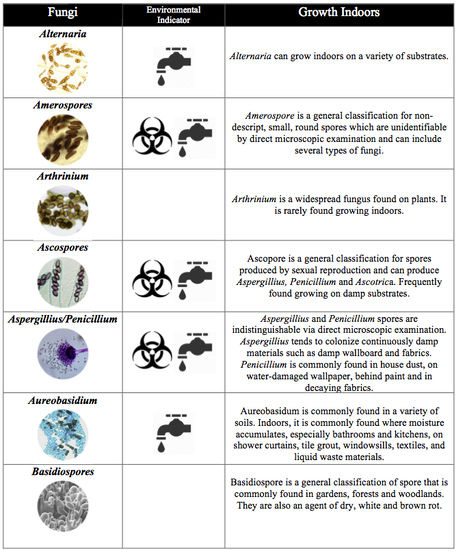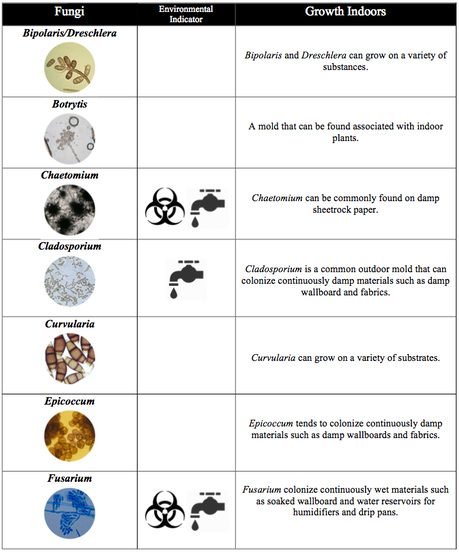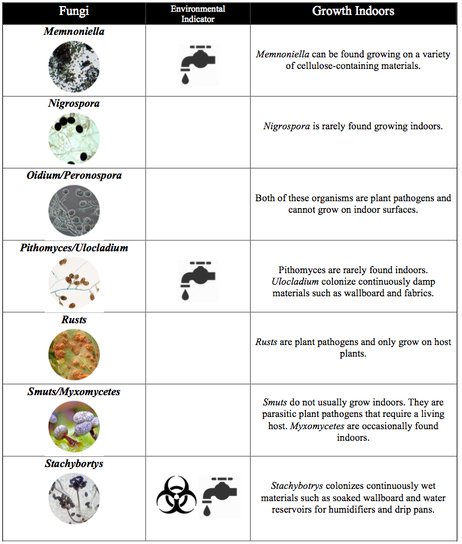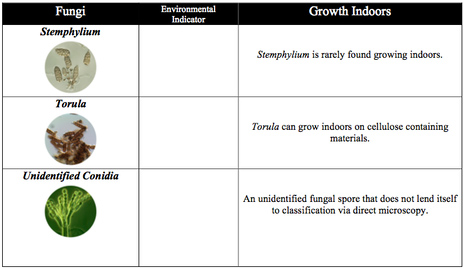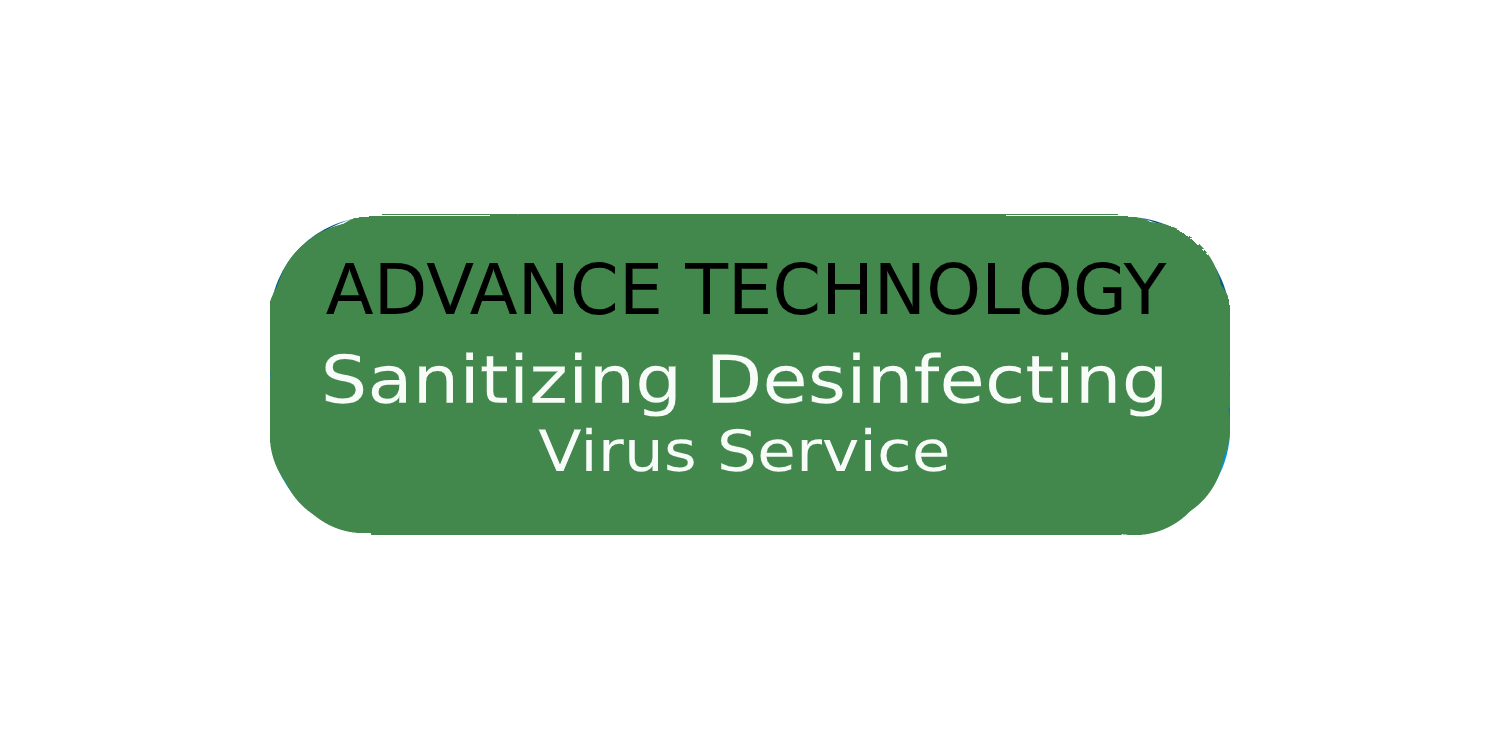RESEARCH STUDY: ECZEMA AND PSORIASIS
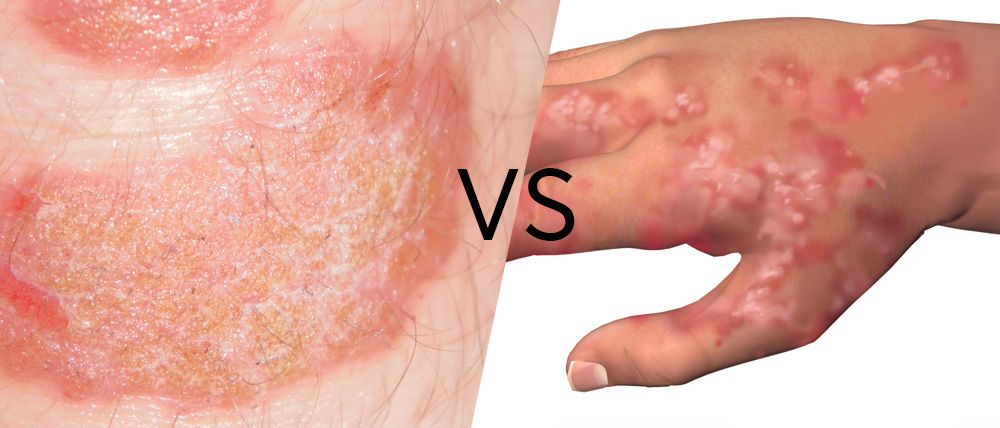
Did you know that 80% of children with eczema also suffer from allergies and asthma often caused by mold and allergens? This trio is commonly referred to as the atopic triad because they often occur simultaneously. The National Public Health Institute conducted a year-long study to examine the adverse health effects in children who were exposed to mold and moisture. The study found, that “…children exposed to mold had significantly increased risks of nocturnal cough and eczema flare ups, and they also had significantly more episodes of common colds than the non-exposed children. If schoolchildren had been exposed to mold, this significantly increased their risk of nausea and led to difficulties in concentration.” While mold is a natural and important part of our environment, when concentration levels of mold spores in our homes are higher than that which is naturally occurring outside, it can be detrimental to our health. Some mold spores release mycotoxins into the air and negatively impact our indoor air quality. Breathing in these toxins can cause allergic reactions in many individuals and can exacerbate eczema flare ups.
While many people worry about outdoor air pollution, far fewer worry about indoor air quality where we spend a majority of our time.
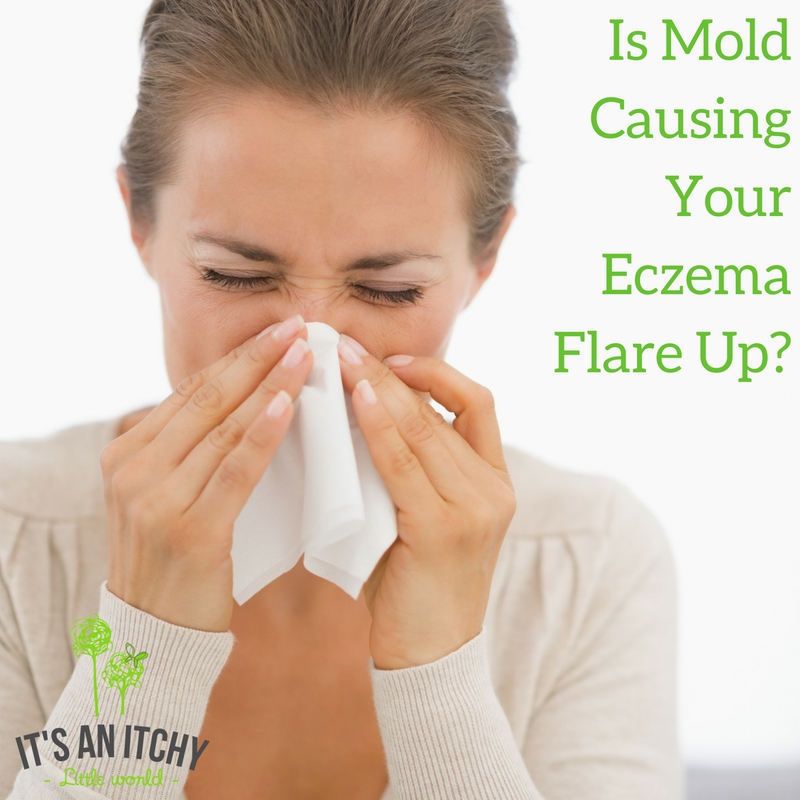
What Is Eczema?
Eczema is a condition where patches of skin become inflamed, itchy, red, cracked, and rough. Blisters may sometimes occur. Different stages and types of eczema affect 31.6 percent of people in the United States.
The word “eczema” is also used specifically to talk about atopic dermatitis, the most common type of eczema.
“Atopic” refers to a collection of diseases involving the immune system, including atopic dermatitis, asthma, and hay fever. Dermatitis is an inflammation of the skin.
Some people outgrow the condition, while others will continue to have it throughout adulthood.
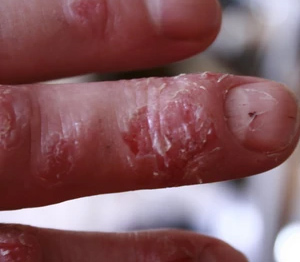
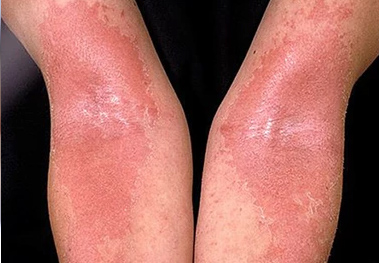
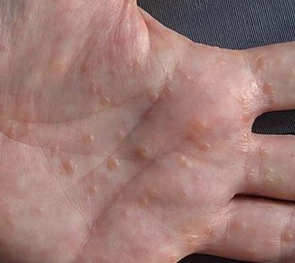
What Is Psoriasis?
Psoriasis is a chronic autoimmune disease that mainly affects the skin. It is non-contagious. A reddish, scaly rash – often referred to as red, scaly patches – is commonly found over the surfaces of the scalp, around or in the ears, the elbows, knees, navel, genitals and buttocks.
The scaly patches, also known as psoriatic plaques, are areas of inflammation and excessive skin production. Skin quickly builds up in the affected area, because skin production is faster than the body’s ability to shed it. Areas with psoriatic plaques take on a silvery-white appearance.
Unlike eczema, psoriasis is more commonly found on the extensor aspect of a joint.
Psoriasis varies in severity – some patients may only have minor localized patches, while others are affected all over the body. Psoriatic nail dystrophy is common among patients with psoriasis – where the fingernails and toenails are affected. Psoriasis may also result in inflammation of the joints, as may be the case with psoriatic arthritis, which affects approximately 10% to 15% of all psoriasis patients.
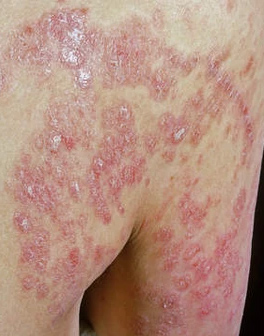
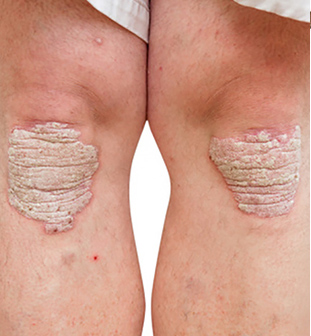
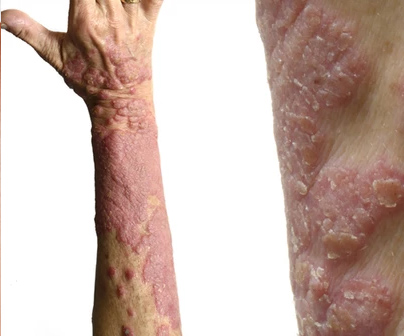
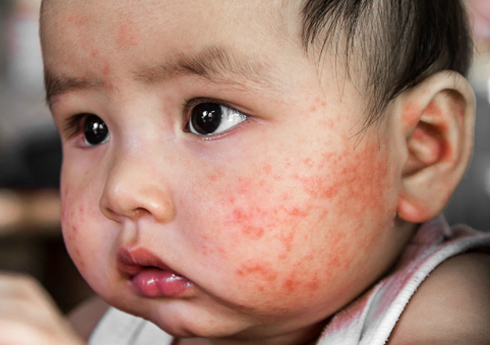
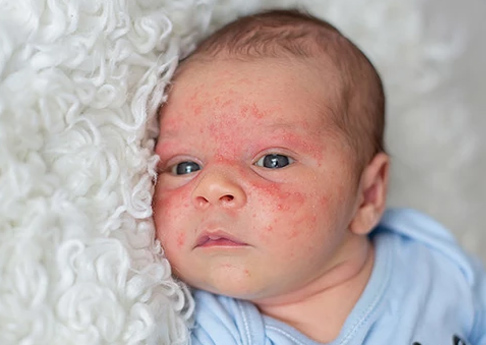
What do I do if I suspect mold growth in my home?
Think Mold Problems Are Rare? According to the Environmental Protection Agency (EPA), the air inside the average home is up to 5x more polluted than the air outside (EPA, 2016). With nearly 90% of our time spent indoors (EPA, 2016), we are at risk from adverse health effects every single day. Unfortunately, many times mold isn’t visible or obvious. It can lurk and grow out of view while causing you to question why you feel your allergy and eczema symptoms worsening. If you suspect that there is mold in your property and it’s causing you to have eczema and psoriasis symptoms, please contact us at 305-763-8070 to book your Full Mold Assessment!
How Does Aspergillius Affect My Health?
Allergic Bronchopulmonary Aspergillosis (ABPA) is an allergic or hypersensitive reaction to a fungus (mold) known as Aspergillus Fumigatus. This is a fungi found in the soil.
Although most of us are frequently exposed to Aspergillus, a reaction to it is rare in people with normal immune systems. However, in certain people, the immune system overreacts to the antigens of Aspergillus Fumigatus found in the lungs. This may damage the airways and result in permanent lung damage.
ABPA most commonly affects people with asthma or cystic fibrosis. Many people with ABPA also suffer from allergic conditions such as atopic dermatitis (eczema), urticaria (hives), allergic rhinitis (hay fever) and sinusitis. For more information regarding different types of molds please refer to our mold guidelines below.
